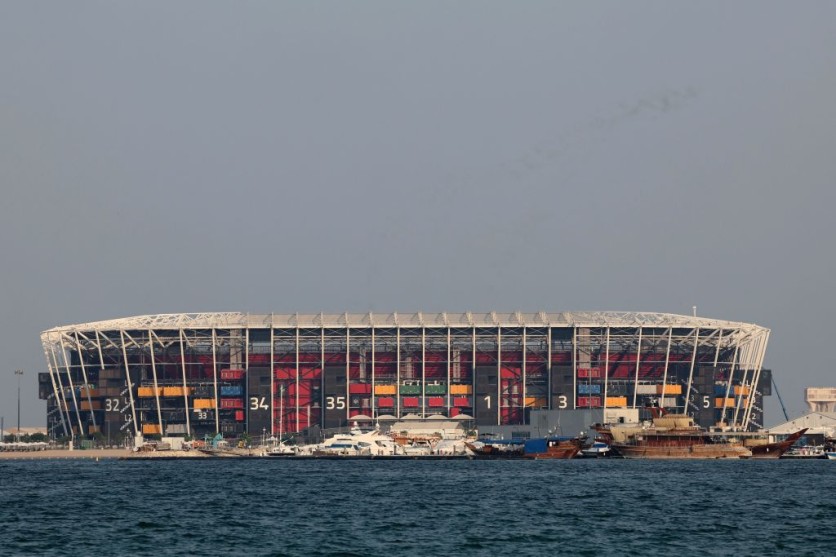The World Cup 2022 is just around the corner and its host country Qatar has been busy since last year preparing such a grand event. One of the fruits of those preparations is a massive stadium that is unlike anything seen in the event's history.
The stadium can be disassembled and rebuilt elsewhere and is made of recyclable or recycled materials.

Stadium 974
As reported first by Interesting Engineering, Doha has recently finished Stadium 974, a 40,000-seat stadium designed by Spanish architects Fenwick Iribarren Architects and built from salvaged shipping containers and modular steel.
It will be the first 100% demountable stadium in World Cup history. The building was also once known as the Ras Abu Aboud Stadium.
The number of ocean shipping containers that were used in its construction, 974, and the country dialing code serve as the inspiration for the name of the stadium.
But more importantly, Stadium 974 has been lauded as a trailblazing example of large-scale event sustainability in Qatar.
The new stadium will reportedly be demolished and transferred once the 2022 World Cup concludes in December since it will no longer be needed. It is also reported to have been built primarily out of recycled or recyclable components.
The massive structure was said to be constructed amid the frequently expressed concerns about human rights abuses of migrant construction workers in the country.
FIFA World Cup 2022
64 distinct World Cup venues, including Stadium 974, will host 64 matches involving 32 national teams between the opening day on Nov. 21, and December 18 for the final championship match.
The country seeks to find a balance between development and the environment, according to Bodour Al-Meer, head of sustainability for the Supreme Body for Delivery & Legacy, the local organizing committee in Qatar.
Al-Meer stated at a virtual conference on "regenerative sporting events" that Qatar is a small, fast-developing nation and that hosting the World Cup has accelerated its national development ambitions.
According to her, the goal of the nation is to create harmony between social progress, economic expansion, and environmental protection.
She claims that the environmental objectives of Qatar are fully in line with the sustainability strategy for the 2022 FIFA World Cup.
In accordance with international event organizer FIFA, the Qatari Supreme Committee has declared that the 2022 World Cup will be a carbon-neutral event.
In its sustainability policy paper, it places an emphasis on waste management methods that are environmentally friendly, energy-efficient stadiums, and inexpensive transportation. The paper also said that "remaining unavoidable emissions will be offset."
Related Article : 'Stadium-Sized Asteroid' Is Barreling Toward The Earth At 20 Miles Per Second on Thursday
This article is owned by Tech Times
Written by Jace Dela Cruz




